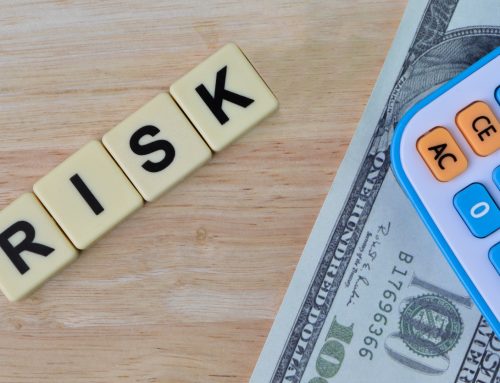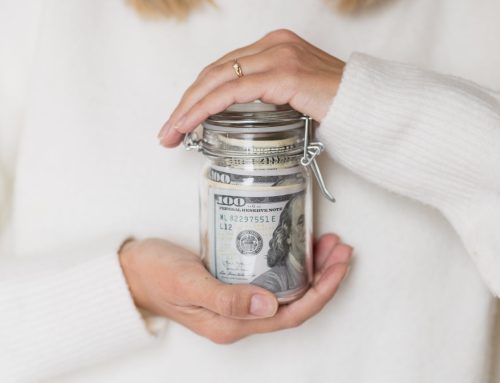
Why an Emergency Fund is a Good Idea
An emergency fund is the rainy-day fund; it’s for the out of the ordinary, once in a blue moon expense that you need money for RIGHT NOW. It is for expenses that are both URGENT and IMPORTANT, and the purpose of this money is to be available when you need it.
Most financial advisors and bankers will tell you that you should have at least the equivalent of three to six months’ worth of living expenses saved in this emergency fund.
WHY IS SIX THE MAGIC NUMBER?
If you’re far out from retirement and have a steady job, keeping six months’ worth of expenses in an emergency fund will probably do it. If your income fluctuates depending on commissions or overtime pay, and you have peaks and valleys in your compensation, saving to cover more than six months would be recommended.
STRIKE A GOOD BALANCE
The three scenarios are practical situations we all find ourselves in:
- You would really love a new car but realize that you can settle for driving your car another year especially since you just paid it off!
- Maybe you want to remodel your kitchen but realize the emergency fund will be needed for a new hot water tank.
- Thinking about a much-needed vacation? Of course, go! You saved a little extra over the last year in preparation of the vacation — so take it, everyone needs to recharge.
STICKING TO YOUR GOALS
What will you save this month? Set a plan to save a specific amount. If you are worried that you will not be disciplined to save into your emergency fund, open an account that can’t be accessed with your debit card. Automate transfers to this designated account. Identify what is acceptable to spend your emergency fund on (like medical bills or a car repair). Once you have a large enough sum saved (more than six months of living expenses) in this emergency fund or liquid account, you may want to consider investing (see our Blog, The Difference Between a Savings Account and Investing).
PAYING OFF DEBT WITH AN EMERGENCY FUND
You will be tempted to pay off debt with your emergency fund, but we do not recommend it. Having an emergency fund and paying off debt are both important but are NOT both urgent. We suggest prioritizing in this fashion; build up 3-6 months of emergency savings; then pay off debt. You can then increase emergency savings or start investing for the future. We can help you set and meet those priorities and expectations.
PREDICTING OR NOT PREDICTING THE FUTURE
Having an emergency fund is not about predicting the future. We KNOW we will have an emergency; we just don’t know when, or what that emergency will cost. Having an emergency fund is preparing to use what you know and can control to protect yourself against what you DON’T KNOW and CAN’T CONTROL. Simple as that.
We would love to talk with you about your financial aspirations and needs. At Muhlenkamp making your money grow is our top priority.
The opinions expressed are those of Muhlenkamp and Company and are not intended to be a forecast of future events, a guarantee of future results, nor investment advice.








